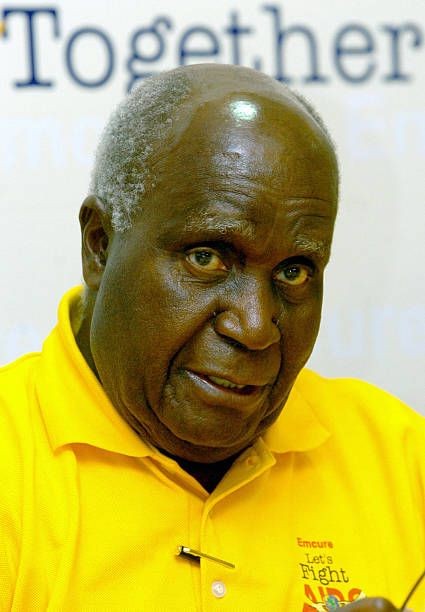First Professor In Nigeria

The title of the First Professor in Nigeria is attributed to Kenneth Dike, a distinguished Nigerian historian, educator, and academician. Born on December 17, 1917, in Awka, Anambra State, Nigeria, Dike's journey to becoming the first professor in his country was marked by numerous achievements, significant contributions to academia, and a commitment to the advancement of education in Nigeria.
Kenneth Dike's early education began in Nigeria, where he attended primary and secondary schools before proceeding to the University College, Ibadan (now the University of Ibadan), one of the foremost institutions of higher learning in Nigeria. His dedication to scholarship and his impressive academic performance paved the way for him to travel to the United Kingdom for further studies.
In the UK, Dike pursued his studies at the University of London and the School of Oriental and African Studies (SOAS). He focused on history and anthropology, two fields that would become the cornerstones of his scholarly contributions. His research interests were deeply rooted in African history and culture, and he dedicated himself to uncovering and documenting the historical narratives of his homeland.
Upon completing his studies, Dike returned to Nigeria and embarked on a remarkable academic career. He served in various educational and administrative capacities, leaving an indelible mark on the country's academic landscape. His dedication and vision were instrumental in shaping the Nigerian education system.
In 1948, Dike became a lecturer at the University College, Ibadan. This marked the beginning of his academic journey in Nigeria, where he would make significant contributions to history, culture, and education. He believed in the importance of preserving Nigeria's historical heritage and worked tirelessly to establish archives and libraries that would house valuable historical documents and records.
READ ALSO » First Medical Doctor In Nigeria
Dike's commitment to scholarship and education led to his appointment as the first indigenous Vice-Chancellor of the University of Ibadan in 1960. This historic achievement not only elevated his status as an academic leader but also solidified his role as a trailblazer in Nigerian academia. During his tenure, he focused on improving the quality of education, promoting research, and fostering a culture of intellectual inquiry.
One of Dike's most notable contributions was his authorship of the History of Nigeria series, which comprised several volumes exploring the nation's history from pre-colonial times to the contemporary era. These volumes were groundbreaking in their approach, providing a comprehensive and nuanced understanding of Nigeria's past. Dike's work was not confined to the academic realm; he actively engaged in public discourse, advocating for historical awareness and the importance of education in nation-building.
Kenneth Dike's legacy extends beyond his academic achievements. He played a pivotal role in the establishment of the Nigerian National Archives and the National Library. His efforts to preserve Nigeria's historical documents and cultural heritage have left an enduring impact on the nation's identity and sense of history.
In conclusion, Kenneth Dike's journey to becoming the first professor in Nigeria is a testament to his dedication, scholarship, and visionary leadership. His contributions to history, education, and the preservation of cultural heritage have left an indelible mark on the country. As the inaugural indigenous Vice-Chancellor of the University of Ibadan and the author of the History of Nigeria series, Dike's legacy continues to inspire generations of academics, historians, and educators in Nigeria and beyond.
